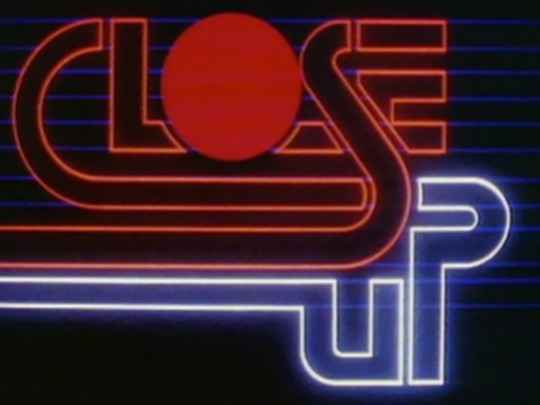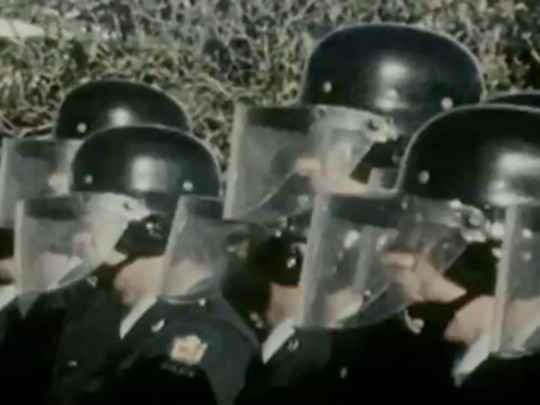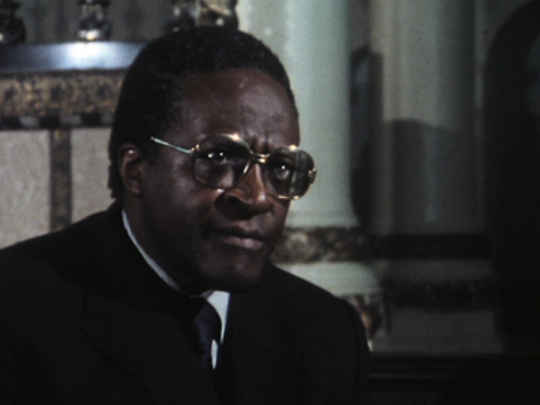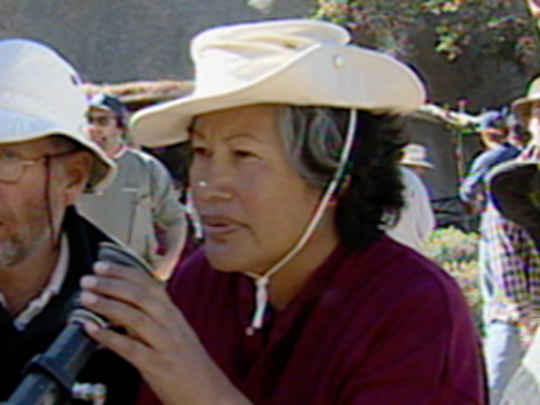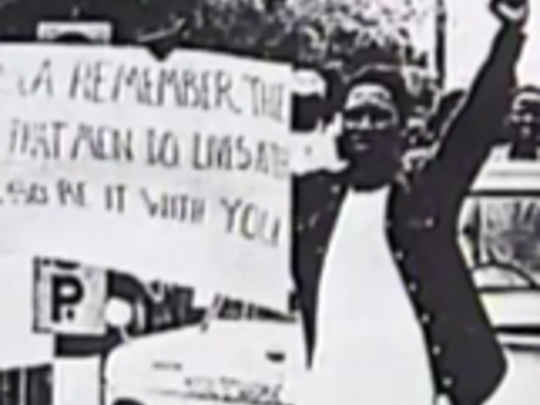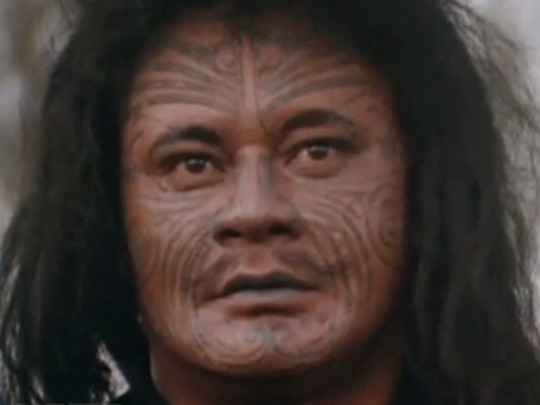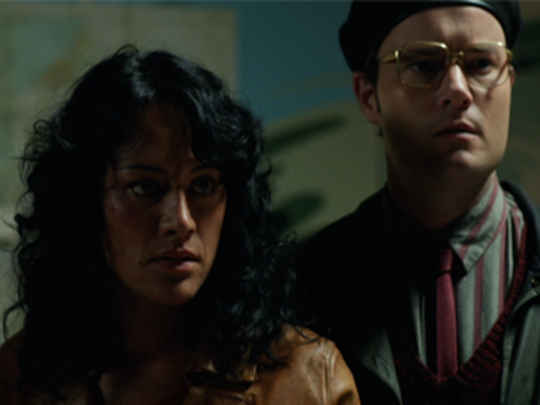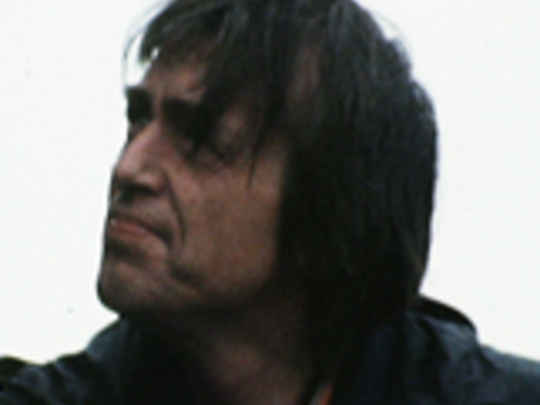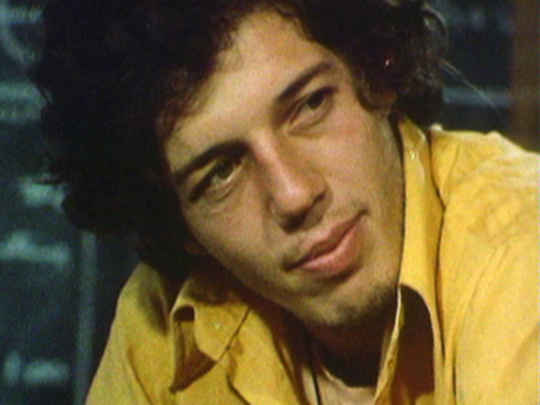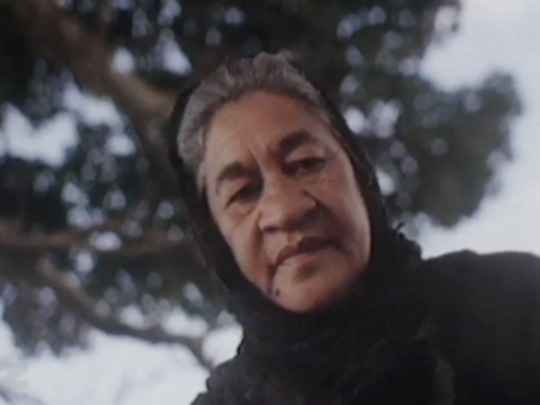I totally underestimated the viciousness that lies just below the surface of New Zealand society. I totally underestimated the amount of racism that there was, and how little it takes, you know, before it comes to the surface.
– Filmmaker Merata Mita on what documentary Patu! revealed to her about New Zealand
you see the interesting thing about this film, is that it deals, it's almost a parallel, to my own history. I mean it deals with racism, and I had to fight racism in order to make the film to deal with racism...
– Merata Mita on how making Patu! echoed her own dilemmas
It is going to be a very poor thing if this film is distributed internationally and people are going to swallow what is in it hook, line and sinker without remembering that there was another, and very positive, point of view to it.
– Elizabeth Sutherland from SPIR (Society of Protection of Individual Rights) on Patu! not giving an accurate view of the events of 1981 telling the
I am very glad that you have public bodies in this country that are willing to show people unpleasant truths, and it is a mark of a truly free society that all kinds of points of views can be aired.
– Bishop Desmond Tutu on arguments that Patu! shouldn't have got some state funding
At the end of the showing there were very few dry eyes in the room, and I was very, very deeply moved; very deeply moved.
– Bishop Desmond Tutu on his experience of watching Patu!
Yeah, it was like reliving a nightmare . . . I think the tears flowed down my face for some of it.
– A woman gives her verdict of Patu!, after seeing it at the Wellington Film Festival
After finishing Patu I was totally exhausted. I went through a period of questioning to find the positive things in such a negative experience . . . But when it started screening I got such positive feedback; audiences joined in as if the film was a live happening. They cheered and clapped, hissed and booed . . . Exhausted as I was, and disappointed as I was with what I'd uncovered about New Zealanders, the positive response was sort of healing.
– Merata Mita, in an interview for 1986 book Head and Shoulders, page 62
We call a director the author of a film as a result of certain cinematic traditions, but in Patu! Mita reshapes this tradition by allowing a number of voices to represent themselves, as they were heard, in front of their own allies. These voices are sometimes critical of the protest movement, even when they come from within the movement itself. Anyone familiar with te ao Māori will recognise this practice of communication: it is a simulation of the paepae, where we speak forthright and earnestly and listen with that same spirit. It elides the idea that any group is monolithic within itself, while that group is still able to embody a unified sense of purpose, or kaupapa.
– Writer Dan Taipua on Merata Mita's approach to Patu! The Spinoff, 30 July 2021
Patu! stands as a landmark contribution to documentary and to cinema as direct action, easily placed alongside other works like Agnes Varda’s The Black Panthers (1968) and Barbara Kopple’s Harlan County, USA (1976). It holds a special place in the hearts of the indigenous filmmakers who were inspired and energised by it, and who recognised the paepae aspect of authorship mirrored in their own cultures. Most significantly, it was viewed with respect and solidarity by Black South Africans, including Archbishop Desmond Tutu, and by fellow Indigenous people. Few works of documentary ever become moral as well as artistic achievements.
– Writer Dan Taipua pays tribute to Patu!, The Spinoff, 30 July 2021
The police, the government, the rugby union, they have access to the official media all the time by virtue of their power, the power of the institutions. I mean, they can command television time; they're deemed to be newsworthy, and I felt that the point of view of the people who are opposing the tour was equally as important, but wasn't going to get as much time.
– Merata Mita on Patu! representing many New Zealanders who had no media power
Yes, Patu! has a Māori perspective, but it does not override the mass mobilisation of New Zealand's white middle class, neither does it take credit from those who rightly deserve it, everyone who put themselves on the line. My perspective encourages people to look at themselves and examine the ground they stand on.
– Director Merata Mita on on accusations of bias in Patu!, in 1992 book Film in Aotearoa New Zealand, page 47
...it started out being the film that recorded how the tour would be stopped, and it turned into this ugly monster that became the Springbok tour.
– Director Merata Mita on Patu!, in 1998 documentary Rangatira - Making Waves
...it was almost sadistic; you know, the kicking of people when they were down, and those baton charges I found didn't somehow go together with the image that I had of New Zealand.
– Bishop Desmond Tutu's reaction to Patu!
What you're fighting are these kinds of entrenched attitudes that come from people who control money in the film industry . . . you become very angry, because it’s an unfair fight, and a lot of your energy that can be going into making a fantastic film, a better film, a much more deserving film, is being diverted into fighting these institutions.
– Merata Mita
Much of that footage has never been seen before, and it was a very important event.
– Film producer John Barnett gives his reaction after Patu!'s premiere at the Wellington Film Festival

